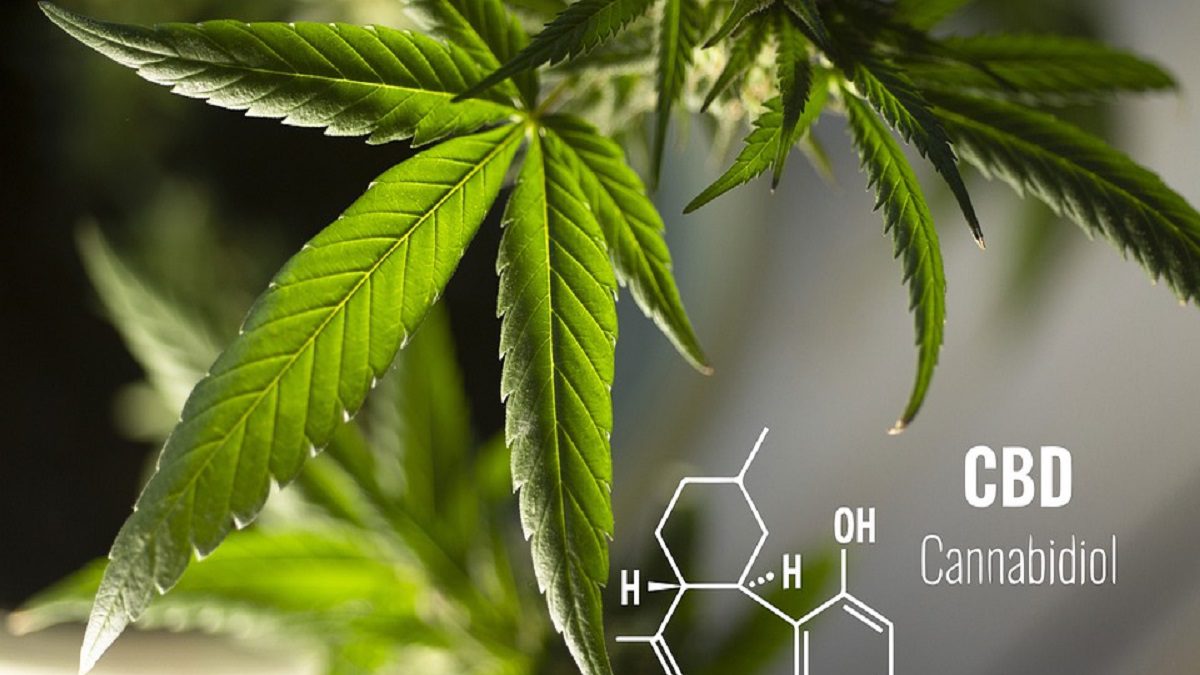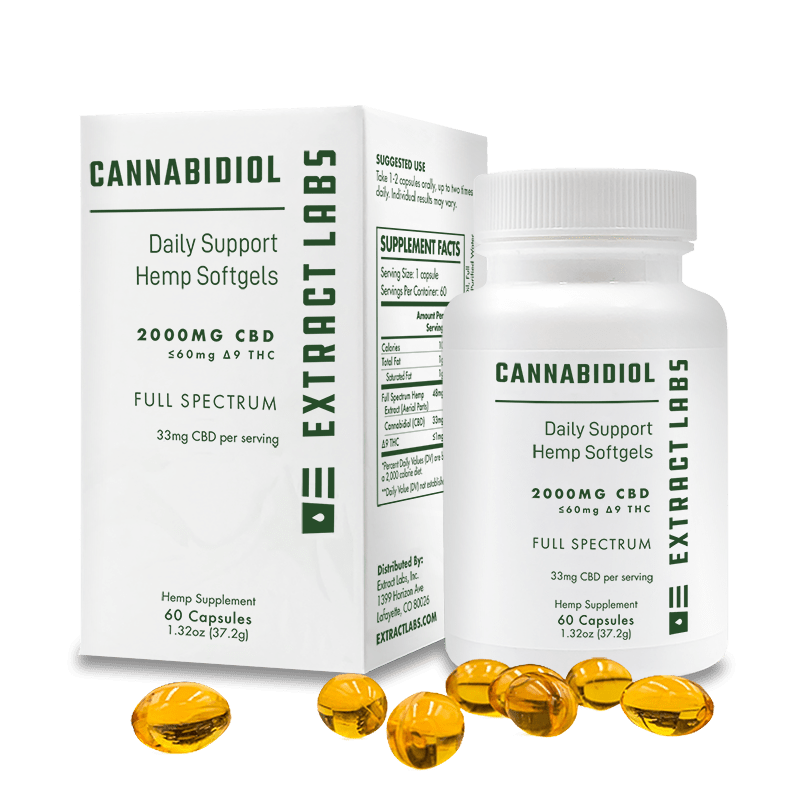
You may be wondering if you should consider using Cannabidiol (CBD) oil for diabetes. It has been shown in studies to decrease inflammation and pain. But, there are still questions. We will be discussing the pros and cons for CBD oil as a treatment for diabetes in this article. It is important to know your medical history before using this product. It is important to fully understand your medical history and the benefits and risks of CBD oil.
Cannabidiol, or CBD oil
Even though the FDA has yet to approve cannabidiol as a treatment for diabetes, it's a great time to get to know the science behind cannabis products. Type 1 diabetes is when the body doesn’t produce enough insulin in order to control blood sugar levels. It's common to be diagnosed in childhood. The CDC says that 5-10% of people with type 1 diabetes develop it. Type 2 diabetes, on the other hand, results from a person's body's inability to use insulin properly. The CDC says that between 90-95% people with diabetes have type 2, Gestational Diabetes is a temporary condition that develops during pregnancy. Most cases resolve after giving birth. The American Diabetes Association says that CBD products for diabetes have not been approved by the FDA.
Cannabidiol oil to treat diabetes
Cannabidiol is a cannabinoid that's found in every part, including the pancreas. This molecule helps regulate glucose levels, which are a key aspect of diabetes. The effectiveness of CBD for diabetes sufferers is still unknown. This is worrying because CBD products for diabetes have not been regulated by FDA.

Reduces inflammation with cannabidiol.
CBD oil has been shown to reduce inflammation in patients with diabetes. CBD is found within hemp plants. It can be found in many forms. The chemical has many benefits, including better glucose control, lower inflammation, and better skin. Alex Capano chief science officer of Ananda Health (a Kentucky-based company providing CBD oils and edibles for humans), said that CBD oils are edibles as well as other CBD product options.
Cannabidiol oil reduces pain
CBD (or cannabidiol) is a cannabis-derived compound which has been shown by both animals and humans to reduce some of the signs of diabetes. Although CBD has many benefits, it is also known that CBD can be used to treat diabetes. It can also help with dry skin and glycemic control. Ananda Health, which is based in Kentucky, has the chief science officer that CBD oil, edibles, as well as other CBD products can help with diabetes.
Cannabidiol oil reduces the oxidative stress
Multiple mechanisms can lead to increased lipid peroxidation and oxidative stress in diabetic cardiomyopathy. This is likely due to an increase in pro-inflammatory and death factors. Diabetes also causes impairment of cardiovascular function and alters cell metabolism. This can lead to oxidative damage and increased cell deaths. Studies have shown that cannabidiol oil (CBD) may improve cardiovascular health by reducing oxidative stress in diabetic cardiomyopathy.
Insulin absorption is improved by cannabidiol oil
Cannabidiol is an ingredient of wonder that has been proven to improve insulin absorption. It has been widely used as an anticancer drug. Recent research has shown that CBD can prevent the growth of tumors and play an important role in fighting them. It acts on the PPAR-receptors located in the nucleus human cells. This receptor plays an essential role in the sensitization of insulin, energy conversion, lipid uptake, and other metabolic processes.

Cannabidiol oil lowers blood pressure
Cannabidiol oil is a powerful natural treatment for hypertension. Many functions of cannabidiol are related to its ability to lower bloodpressure. Some of the factors that contribute to high blood pressure include stress, anxiety, and lack of sleep. CBD helps reduce these symptoms, as well as improve mental focus and relaxation. It reduces anxiety and stress which are two factors that increase the risk for high blood pressure.
FAQ
Is the CBD industry on the rise?
Yes. And that growth is expected not to stop as legalization continues across North America. Canada, which legalized recreational cannabis, has passed several medical marijuana laws.
This trend is expected to continue for at most another decade, as more states pass legislation that allows access to medical marijuana.
It is also economically sensible to legalize marijuana. Legalizing pot offers many benefits beyond providing a lucrative market alternative for farmers.
It could help decrease crime rates by reducing illegal drug availability. It could also provide a source of tax revenue for governments.
People will likely choose to consume less alcohol as they become more comfortable with legal marijuana. This would mean fewer hangovers and lower health care costs.
Patients with chronic pain might find that marijuana actually helps to improve their quality-of-life. Many believe THC, the active component in marijuana, is responsible for relieving symptoms like muscle spasms or nausea that can be caused by chemotherapy.
Perhaps marijuana can be used as a treatment for mental illnesses like anxiety and depression. Some studies have shown that marijuana can treat schizophrenia.
Even though the CBD industry looks promising, there are still many challenges to be overcome.
Does CBD have a future?
The answer is yes. This isn't because of the medical benefits it offers, but because of how it makes people feel.
It is a great alternative to prescription drugs because it doesn't make your feel different.
And as we know from studies, there is a lot of evidence showing that cannabis helps with pain relief, anxiety, depression, insomnia, and many other conditions.
Cannabinoids found in cannabis also interact with the receptors in our brains. This interaction results in feelings of relaxation as well as well-being.
Cannabidiol (CBD), oil can be used for health purposes. It's therefore important to fully understand its functions and effects.
Which states have the highest CBD intake?
California, Colorado and Oregon are the top three states. These states have large populations, high incomes, and low unemployment rates. They also have higher levels of hemp farming than other states.
California leads because its economy relies heavily on agriculture. It is home to a large amount of fruits and vegetables. It makes sense, as cannabis is also derived from hemp.
Oregon and Colorado closely follow because both countries produce marijuana for medicinal purposes. However, unlike California, these two states do not allow the recreational use of marijuana.
Other states that rank high include Washington, New York. Florida, Illinois. Pennsylvania. Mississippi.
Does CBD help with anxiety?
CBD oil works well to reduce anxiety. This is because it interacts directly with CB1 or CB2 brain receptors. The endocannabinoid system regulates mood and stress responses.
Our bodies activate the CB1 receptor when we feel anxious. When activated, the receptor sends signals back to the amygdala that is responsible for emotional processing.
If the CB1 receptor becomes blocked, the brain doesn't get the signal to express emotions. As a result, people who take CBD experience fewer negative feelings.
A study published in 2017 showed that CBD reduces anxiety in patients with social phobia. Another study concluded that CBD had a positive effect on symptoms of PTSD.
An 2018 review found that CBD is anxiolytic and can help with generalized anxiety disorder.
Another study concluded that CBD may help with panic attacks.
However, several studies have shown that CBD actually increases anxiety levels in mice.
The discrepancy found between the animal results and human data might be due to differences of how CBD affects humans and animals.
CBD is not subject to any long-term safety tests. But, experts are unanimous in their belief that CBD is safe when used according to directions.
How big is the global CBD industry?
Euromonitor International estimates that the global CBD market is worth $US3.5Billion in 2015. This is an increase of more than 10% compared to 2014.
This figure is expected to grow at an average rate of 12% by 2020.
CBD products are expected account for about half of all hemp products worldwide by 2020.
This includes CBD oils, as well other CBD products, including food, beverages cosmetics, pet care, and CBD oils.
How can CBD products be promoted in a legal manner by CBD companies?
The FDA does not regulate hemp as an agricultural commodity. However, the agency regulates all other cannabis derivatives (e.g., marijuana) under the Controlled Substances Act. CBD is not covered by any regulations.
CBD is legal at state level in 29 US states. Federal law considers it illegal. This uncertainty is a problem for CBD-product sellers.
The FDA has specific guidelines on how CBD products must be marketed. They must disclose the THC content of any CBD products. Without supporting scientific evidence, CBD cannot be claimed to treat certain medical conditions.
In addition, the FDA requires manufacturers to submit detailed information regarding manufacturing practices and quality control measures. Companies are also required to participate in clinical trials in order to demonstrate safety and efficacy.
These factors should be considered by companies when they develop their marketing strategies.
Statistics
- The inhibition of FAAH is predicted to lead to an increase in brain and plasma concentrations of AEA, which acts as a partial agonist at CB1R and CB2R, thereby increasing endocannabinoid tone [92, 110]. (ncbi.nlm.nih.gov)
- As a substance that was federally illegal before the passage of the 2018 Farm Bill, hemp-derived cannabinoids with no more than 0.3% THC still face a regulatory grey area. (forbes.com)
- HR −16 mmHg; 95% CI −26, −6; I2 = 92%) (ncbi.nlm.nih.gov)
- CBD seems unlikely to directly influence sleep in healthy humans [115] (and maybe “sleep-promoting” in those with certain comorbid conditions) (ncbi.nlm.nih.gov)
- The use of these products is likely to become even more widespread if the World Health Organization's recommendation that CBD no longer is scheduled in the international drug control conventions is adopted by the United Nations member states [201]. (ncbi.nlm.nih.gov)
External Links
How To
How to Get Certified To Sell CBD Products
One of many cannabinoids found within cannabis plants is CBD (cannabidiol). It has been used medicinally in many countries throughout history, including traditional Chinese medicine and India. In recent years, however, its popularity has skyrocketed due to its ability to treat conditions like anxiety, pain, epilepsy, and inflammation. The U.S. does not have an official certification program yet for CBD products. Therefore, anyone wanting to make a living selling CBD products must rely on their "unofficial" self-certification.
There are two options. One way to do this is to join the local association of cannabis-business owners. This allows you to network with other owners and get advice and support. There are currently numerous associations all over the country. Second, you can go online. Many states allow canna businesses to operate online. If you have the permission, you can start accepting orders and set up your website. However, you must still register with your state's Department of Public Health. Once you have been registered, you will be able apply for a state license through the department of public health. Once you receive your license, you're officially allowed to open your store and begin accepting orders.